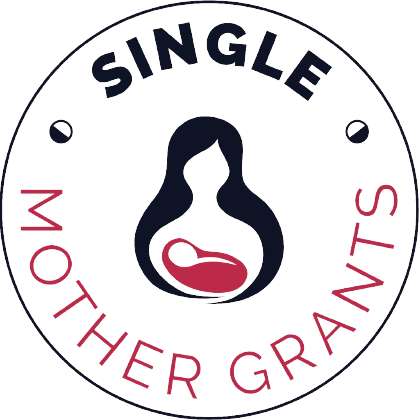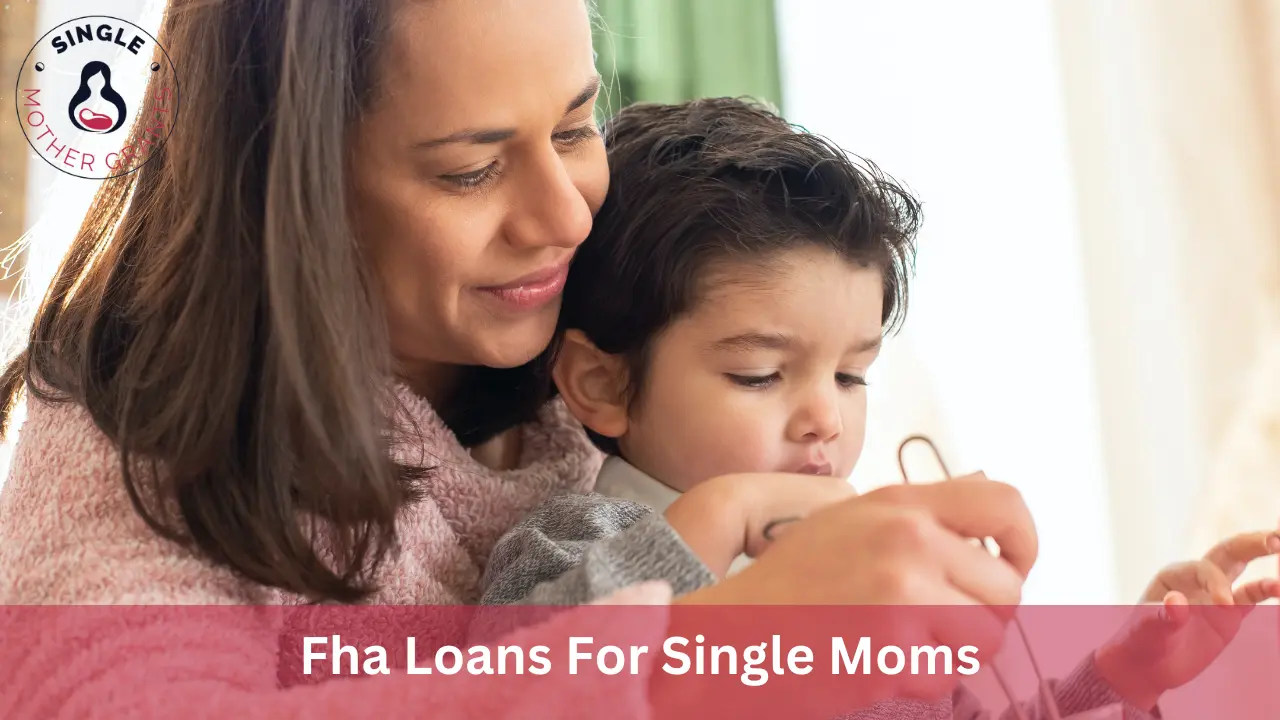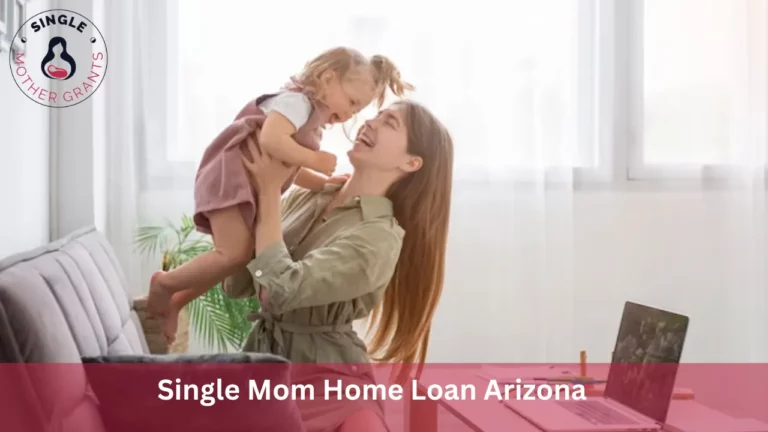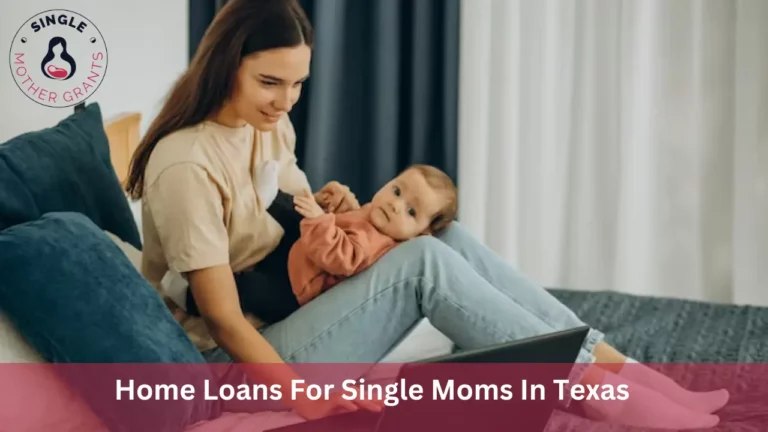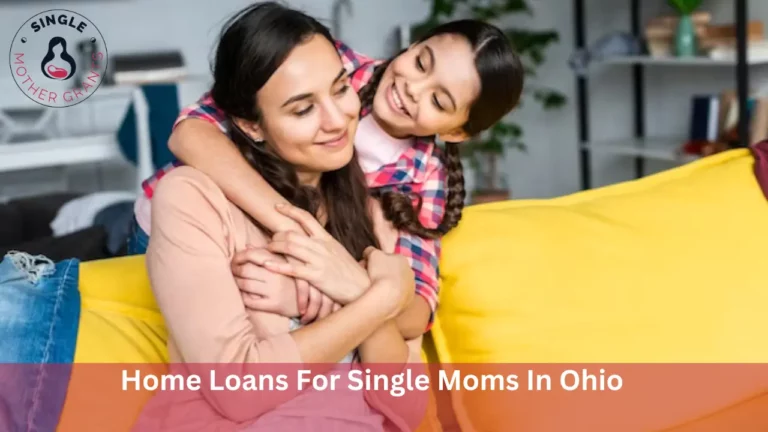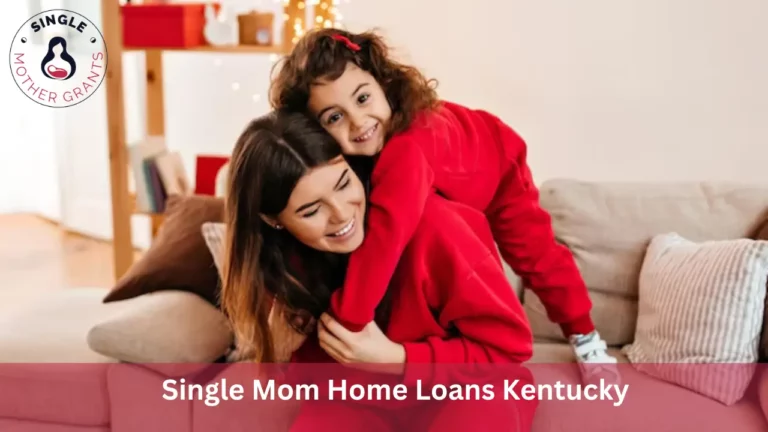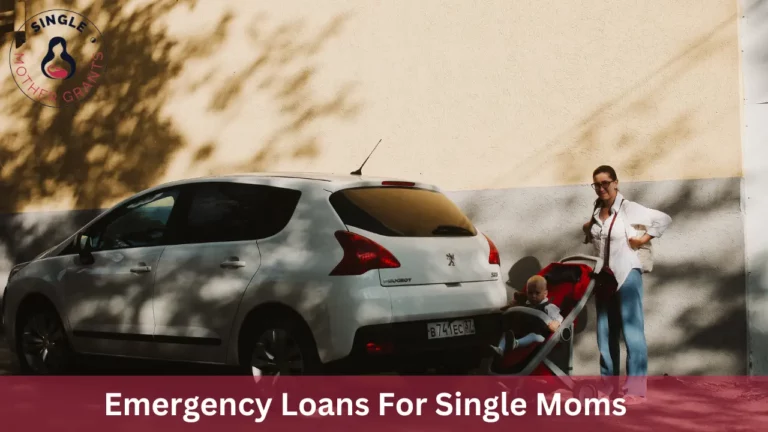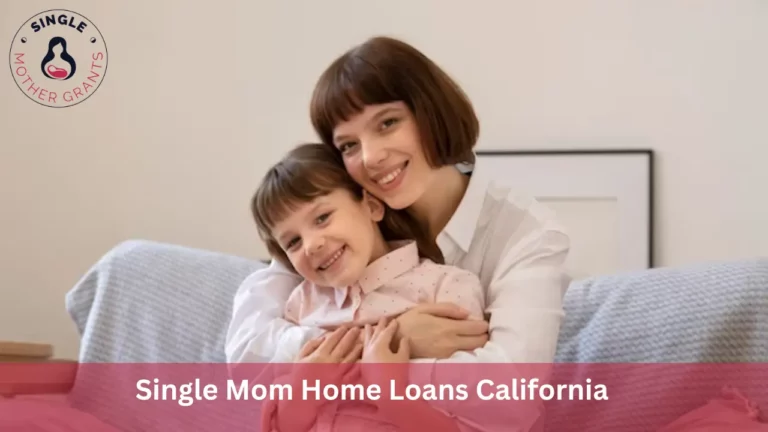Fha Loans For Single Moms
FHA loans are quite popular among single moms who do not qualify for a traditional mortgage. These loans do not require much down payment and are also easier for low-income borrowers to qualify for. The flexibility of future loans may come with annual costs in the form of mortgage insurance premiums and high upfront. If you want to know more details about FHA loans and learn whether this loan is the right mortgage option for you or not, then you are at the right place.
What Are FHA Loans For Single Moms?
FHA loan is a federal government-backed mortgage, which the Federal Housing Administration insures. It does not require higher down payments or a maximum credit score, unlike most conventional loans. It is an affordable and accessible loan option for first-time home buyers and single moms. Even though the federal government backs these loans, they are administered and underwritten by a third-party mortgage lender who the federal housing administration approves. The FHA loan program was designed to support low or moderate-income home buyers who are often turned down by other sources and those who have limited cash for a down payment.
How FHA Loans Work?
Federal Housing Administration loans come in 15 or 30-year term periods with a fixed low-interest rate. The flexible underwriting standards of the agency are designed to help low-income borrowers, including single moms who are finding it difficult to qualify for private mortgages and wish to become homeowners. The flexible term and lower rate of interest of FHA loans come with mortgage insurance premiums that have been designed to protect the interests of the lender in case the borrower defaults or stops payment. FHA-approved lenders charge an interest of 3% to 5% of the loan in closing costs. They allow borrowers up to 6% of their closing costs as fees for an appraisal, title search, or credit report to be covered by builders, sellers, or lenders. Borrowers must pay mortgage insurance premiums if they put in less than a 20% down payment. Almost all FHA loans require single moms and other borrowers to pay a minimum of two mortgage insurance premiums, such as the following
1. Upfront Mortgage Insurance Premium
Single mothers who obtain FHA loans may have to pay an upfront mortgage insurance premium accounting for 1.75% of the actual loan amount when approved; however, this premium will be enrolled into their financial loan amount.
2. Annual Mortgage Insurance Premiums
Single mothers are required to pay an annual mortgage insurance premium which accounts for 0.45% to 1.05% depending on the period of the long term, such as 15 years or 30 years, the initial loan-to-value ratio, the loan amount, etc. This mortgage insurance premium is divided by 12 and is required to be paid monthly by the borrowers. The mortgage insurance premiums will get canceled after 11 years for many borrowers if they can finance up to 90% of the loan or less of its property value. In other words, single moms can put in a minimum 10% down payment and can pay monthly mortgage payments.
How Can You Get An FHA Loan?
Single mothers who are looking to obtain an FHA loan should take the below-mentioned steps to get started.
1. Learn Your Eligibility
The first and foremost every single mother must take to ensure they are eligible for a loan is to confirm their eligibility. At the same time, some requirements include having a verifiable employment history, stable income, a credit score of 500, or a debt-to-income ratio of 43% or less.
2. Be Familiar With The FHA Loan Limits
Single mothers should learn the limits to how much they can borrow from an FHA loan to purchase a new home. The loan amount limits depend on the location where they are living as well as the type of property they are willing to purchase. The FHA loan limit amounts will be higher if single moms are purchasing multi-unit properties or are living in an area with a higher cost of living.
3. Know Your Current Budget
Before applying to get approved for an FHA loan, it is essential to know the amount you can spend on your new home. You need to consider your expenses, savings, and current income or use an online affordability calculator to estimate your budget. Knowing your present financial situation will help you to avoid unnecessary expenses so that you do not end up overstretching your budget.
4. Look For The Right Lender
Single moms can obtain home loans through an FHA-approved private lender. Every lender sets its underwriting standards from a cost and rates according to the guidelines of FHA. Approved lenders may range from credit unions, national banks to independent mortgage companies and community banks. It is a brilliant idea for every single mom to shop around and look for lenders to get the best deal.
5. Prepare Your Documents And Apply For An FHA Loan
Before applying for an FHA loan, it is essential to prepare yourself with the necessary documents which you need to hand over to your FHA-approved mortgage lender. These include two years of tax returns, your driver’s license, complete statements of your assets, other places where you are holding money, recent pay stubs, etc.
6. Compare Mortgage Rate With Multiple Lenders
A lot of single mothers consider getting pre-approved with multiple lenders will be helpful as they can compare different loan rates and terms and go for the best deal.
What Are The Different Types Of FHA Loans Available For Single Moms?
In addition to 15-year and 30-year FHA loans, which enable single moms to purchase a home and refinance, the Federal Housing Administration also backs particular loan programs provided through private lenders. Apart from the standard FHA loan, single moms can also opt for the following FHA loans.
1. HECM, Home Equity Conversion Mortgage
Home Equity Conversion Mortgage is the popular reverse mortgage that enables older homeowners, especially senior citizens with significant equity or those who own their homes outright, to withdraw a portion of the equity.
2. 203(k) loan
FHA 203(k) loan enables single moms and other home buyers to purchase a new home as well as renovate it with the help of a single mortgage only. Homeowners can use the FHA 203(k) loan to refinance their existing mortgage and add the remodeling project cost into a new loan. These loans are available in two forms.
Limited 203(k), which has a more straightforward and simplified application process; however, the home improvement or repair loan amount that single moms can avail of is only $35,000 or even less.
Standard 203(k) is another type of FHA 203(k) loan that requires a lot of paperwork and provides a minimum repair amount of $5000. The property value, as well as the improvements, should fall within the FHA mortgage limit for the region where they are living.
3. EEM, Energy-Efficient Mortgage
This FHA loan program enables home buyers, including single moms, to buy a home that is already energy efficient, like an Energy Star-Certified house. The energy-efficient mortgage program is helpful for a lot of single moms who are looking to purchase and remodel existing homes with green or energy-efficient updates and then roll the cost of remodeling and upgradation into the loan without incurring a large down payment.
4. 245(a) loan
Also known as Graduated Payment Mortgage, the FHA section 245(a) loan is designed for borrowers who notice an increase in their income over time. As a single mom, you can start by paying smaller monthly payments and then can gradually go up if you expect your income to be increased in the future. There are five specific FHA section 245(a) loan plans available, and three of these plans enable five years of increasing payments to borrowers at 2.5%, 5%, and 7.5% annually. The other two plans allow ten years of increasing payment at 2% and 3% annually.
How Are FHA Loans Different From Other Loan Types?
FHA loans differ notably from conventional or federal loans such as USDA and VA home loan programs. Each loan has its own set of requirements and guidelines for down payments, mortgage insurance, credit scores, and debt-to-income ratio. Unlike conventional mortgages, which private lenders back, the Federal Housing Administration loans come with generous terms and lower interest rates. Single moms often do not qualify for conventional mortgages, which require higher income limits and excellent credit scores. Unlike other government-backed mortgages, such as USDA and VA loans, FHA loans are more liberal, especially regarding eligibility criteria, as they are not limited to a particular group of borrowers or two residents in a specific region.
Is A FHA Loan The Right Choice For Me?
Single mothers concerned about whether they should go for an FHA loan or not should consider opting for this loan if they have decent credit scores and do not have significant savings to put as a down payment. Single mothers with solid credit scores can qualify for conventional mortgages. Single moms with good credit and a lot of money saved for a down payment can consider other options than FHA loans, such as conventional loans. However, if you need a mortgage but do not have enough money to pay a 20% down payment or sufficient credit requirements, then an FHA loan will be an ideal choice. Single moms facing difficulty because of their credit score and credit history can find a cosigner to help them get a good deal.
The downside of these loans is that they feature high rates of interest compared to conventional mortgages and also require borrowers to purchase mortgage insurance compulsorily. The only way to remove mortgage insurance on an FHA loan is to refinance the mortgage with a non-FHA loan. The FHA loan 30-year will be paid off in a total amount if the mortgage insurance lasts for the life of the loan or 11 years.
Conclusion
FHA loans are an affordable and great option for single moms who do not have higher credit scores or do not have much amount to incur a down payment. While availing of FHA loans, single moms need to keep the long-term cost of FHA mortgages in their minds, which usually occurs because of unavoidable mortgage insurance payments. FHA loan is a path to homeownership for single moms who are getting rejected by banks or cannot get approval for conventional mortgages. This is because single moms can qualify for these loans even if they have limited cash for a down payment or less-than-stellar credit scores.
